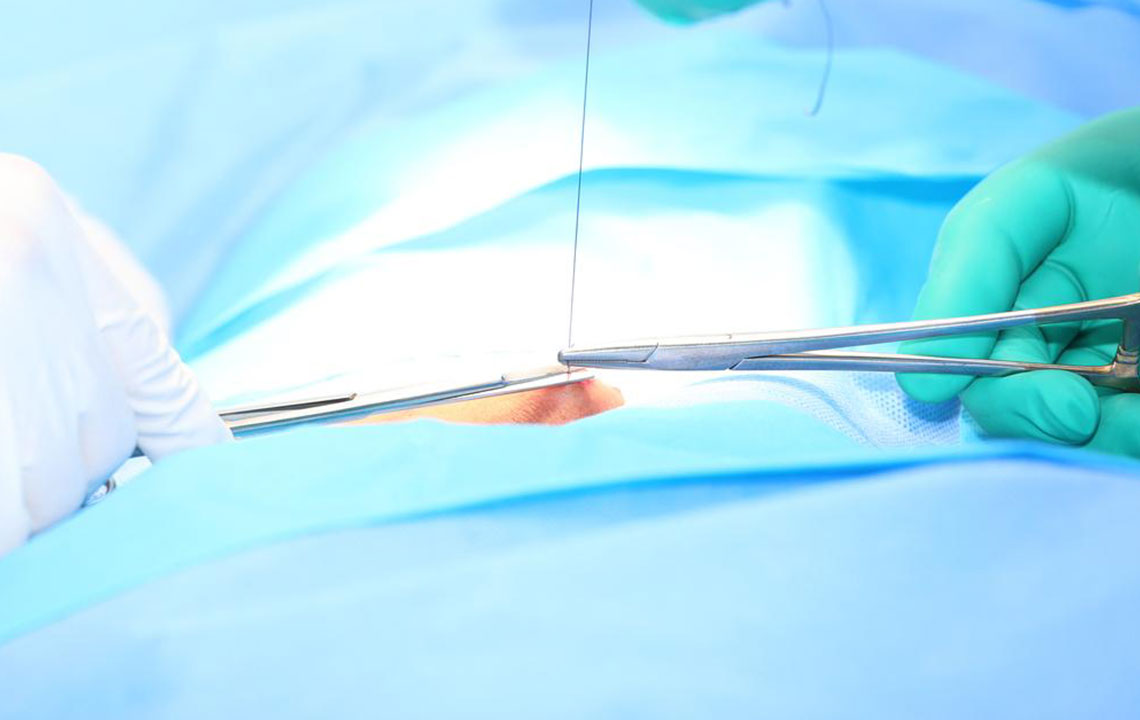Top 11 Strategies to Manage GERD Effectively
Discover 11 effective strategies to manage GERD, including medications, lifestyle changes, and surgical options. Learn how diet, weight management, and quitting smoking can alleviate symptoms and prevent long-term esophageal damage. Expert advice highlights the importance of early treatment to improve quality of life and avoid complications from acid reflux.

Top 11 Strategies to Manage GERD Effectively
Gastroesophageal reflux disease (GERD) affects approximately 20% of people, according to the National Institute of Diabetes and Digestive and Kidney Diseases. It occurs when stomach acid frequently flows back into the esophagus, causing irritation and discomfort. Symptoms like heartburn, chest pain, and persistent cough are common. While over-the-counter medications can offer relief initially, combining them with lifestyle and dietary modifications is crucial for lasting management. Ignoring symptoms can lead to long-term esophageal damage, so timely treatment is essential.
Effective GERD management includes medications, surgical options, and lifestyle changes, such as weight management and diet adjustments, to reduce acid reflux episodes and improve quality of life.
Many avoid seeking medical aid for GERD symptoms, risking permanent esophageal damage.
11 Proven Approaches to Control GERD
H-2 receptor antagonists: Available by prescription, drugs like famotidine, nizatidine, and ranitidine help reduce acid production. Long-term use may slightly increase risks of vitamin B-12 deficiency and bone issues.
Medications to enhance lower esophageal sphincter function: drugs such as Baclofen can prevent relaxation of the sphincter, reducing reflux episodes. Side effects like nausea or fatigue may occur.
Proton pump inhibitors (PPIs): Strong prescription medications like Nexium 24HR decrease stomach acid by blocking acid-producing enzymes, providing fast relief when taken prior to meals. Generic options like lansoprazole and omeprazole are also available over-the-counter.
Antacids: These neutralize existing stomach acid but don't treat esophageal damage. Overuse can lead to diarrhea or kidney complications.
Medications that decrease acid production: Similar to H-2 blockers, these drugs offer longer-lasting relief by suppressing acid for up to 12 hours.
DRUGS to promote esophageal healing: PPIs support tissue repair and are stronger than H-2 antagonists, aiding in esophageal recovery.
Surgical options such as Fundoplication: When medications fail, this minimally invasive procedure wraps the stomach's top around the lower esophageal sphincter to prevent reflux.
LINX device implantation: A ring of magnetic beads is placed around the esophageal junction, allowing food passage while preventing acid reflux through magnetic attraction.
Maintain a healthy weight: Excess abdominal weight increases pressure on the stomach, aggravating GERD. Weight loss can significantly reduce symptoms.
Dietary management: Avoid trigger foods like greasy, spicy, or acidic items, and limit caffeine, alcohol, and sodas. Keeping a food diary helps identify personal triggers.
Stop smoking: Smoking damages the lower esophageal sphincter, worsening reflux. Quitting smoking is crucial in GERD control.
Note: Our content offers useful insights but shouldn't be considered medical advice. Always consult a healthcare professional for diagnosis and treatment options. The information provided may not reflect the latest schemes or offers available for medications or treatments.










